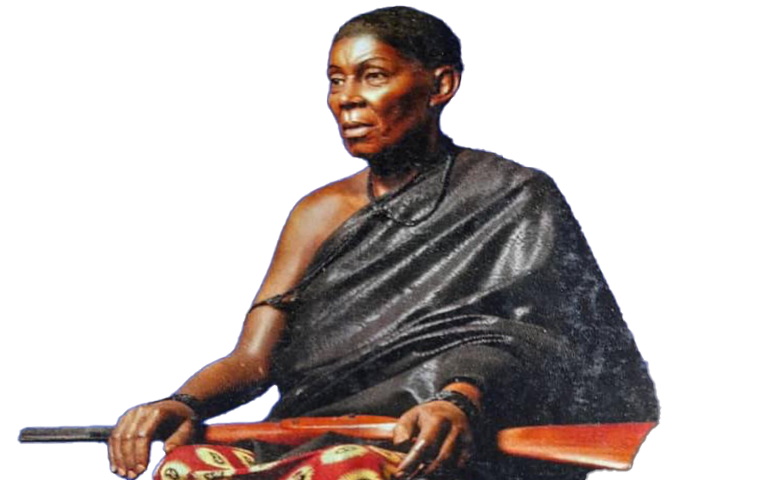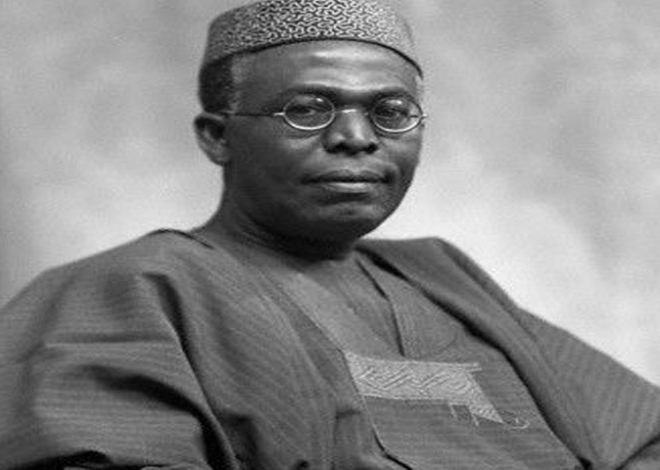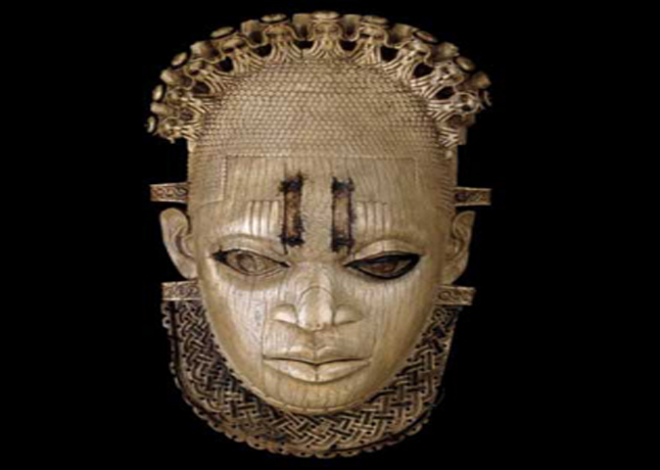
Yaa Asantewaa: The Fearless Queen Mother Who Defied British Colonialism
African Women Freedom Fighters
Yaa Asantewaa, a name that resonates with courage, resilience, and leadership, stands as a symbol of resistance against African colonial oppression. As the Queen Mother of the Ashanti Empire in modern-day Ghana, she led one of the most significant and defiant uprisings against British colonial forces. This article explores the life, legacy, and enduring impact of Yaa Asantewaa, highlighting her role in the Ashanti-British “War of the Golden Stool” and her lasting influence on the fight for independence and gender equality.
Early Life and Rise to Leadership
Born in 1840 in Besease, a town in the Ashanti Empire, Yaa Asantewaa belonged to the royal family of Edweso. She married a local chief and had a daughter, but her life took a dramatic turn following the death of her brother, Nana Akwasi Afrane Okpese, who was the ruler of Edweso. As his successor, Yaa Asantewaa became the Queen Mother, a position that wielded significant influence and responsibility within the Ashanti political system.
The War of the Golden Stool
The late 19th century was a period of intense conflict between the Ashanti Empire and British colonial forces. The British aimed to consolidate their control over the Gold Coast, demanding the surrender of the sacred Golden Stool, the symbol of Ashanti sovereignty and unity. This request directly challenged Ashanti’s freedom and ability to stand independently, and it was perceived as the utmost form of disrespect.
In 1900, during a meeting of Ashanti chiefs to discuss a British request, Yaa Asantewaa stood up in defiance. She criticized the male chiefs for their hesitation and rallied them with her now-famous speech: “Is it true that the bravery of the Ashanti is no more? I shall call upon my fellow women. We will fight the white men. We will fight until the last of us falls on the battlefield.”
With this declaration, Yaa Asantewaa assumed leadership of the Ashanti resistance. Her strategic insight and unyielding spirit galvanized the Ashanti people, leading to the Ashanti-British “War of the Golden Stool,” also known as the Yaa Asantewaa War.
The Fight for Freedom
Under Yaa Asantewaa’s command, the Ashanti forces fought fiercely with the British. Despite facing a well-equipped and numerically superior enemy, Yaa Asantewaa’s leadership inspired remarkable bravery and resilience among her warriors. They managed to besiege the British fort at Kumasi, demonstrating their determination to protect their sovereignty and sacred traditions.
The war lasted several months, but the Ashanti ultimately succumbed to the better-armed British forces. In 1901, Yaa Asantewaa was captured and exiled to the Seychelles along with other Ashanti leaders. She remained in exile until she died in 1921, never returning to her homeland.
Legacy and Impact
Yaa Asantewaa’s legacy is profound and multifaceted. She is celebrated as a heroine who stood against colonial domination, embodying the spirit of resistance and the struggle for freedom. Her defiance against the British protected the cultural and spiritual heritage of the Ashanti people and inspired future generations in their quest for independence.
Her story resonates particularly strongly with women, symbolizing the crucial role of female leadership in the fight against oppression. Yaa Asantewaa challenged gender norms and expectations, proving that women could lead and inspire revolutions. Her legacy continues to empower women across Africa and the diaspora, advocating for gender equality and recognizing women’s contributions to society.
In modern Ghana, Yaa Asantewaa is honored through various monuments, schools, and cultural references. The Yaa Asantewaa Girls’ Secondary School in Kumasi is a testament to her enduring influence on education and female empowerment.
Conclusion: A Legacy of Courage and Defiance
Yaa Asantewaa’s life and legacy are a testament to the power of courage, resilience, and leadership in the face of adversity. Her unwavering stand against colonialism and her role in the War of the Golden Stool highlight the importance of cultural pride and the fight for self-determination.
As we remember Yaa Asantewaa, we honor a woman who defended her people’s heritage and paved the way for future struggles for independence and equality. Her story continues to inspire and remind us of the enduring strength and spirit of those who stand against oppression, championing the cause of freedom and justice for all.


